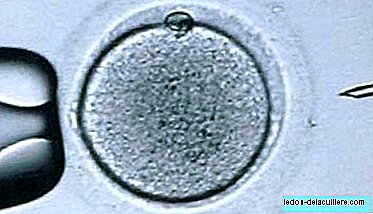
A woman's ability to conceive could be influenced by her blood group, according to a recent research conducted in the United States.
The study of the Albert Einstein School of Medicine and Yale University took into account data from 560 women with an average age of 35 years who were undergoing fertility treatments.
The scientists discovered that those who belonged to group O had more difficulty getting pregnant due to lower quality and lower ovarian reserve count.
It is believed that high levels of a hormone (follicle stimulant or FSH) are an indicator that this reserve is decreasing more rapidly, which may reduce the chances of a pregnancy once the woman reaches 35 or 40 years.
The scientists took blood samples from the patients to analyze their FSH hormone levels and it was shown that women belonging to the blood group O exhibited higher FSH readings. On the other hand, those with group A blood had lower levels.
However, Dr. Edward Nejat, who led the work, says that "the age of a woman remains the most important factor in determining her chances of conceiving."
But it is not clear whether or not this FSH hormone marker has an impact on the general population, because all the women in the study were undergoing fertility treatments.
The researchers, who presented the study at the conference of the American Society for Reproductive Medicine, which is held in Denver, Colorado, still do not know why this link between the blood group and fertility is due, and upcoming studies are expected .
They also warn that larger-scale research is also needed to confirm the result that the blood group could influence a woman's fertility as to see if these effects can also be detected in women who are trying to conceive but who have not been diagnosed with fertility problems.












